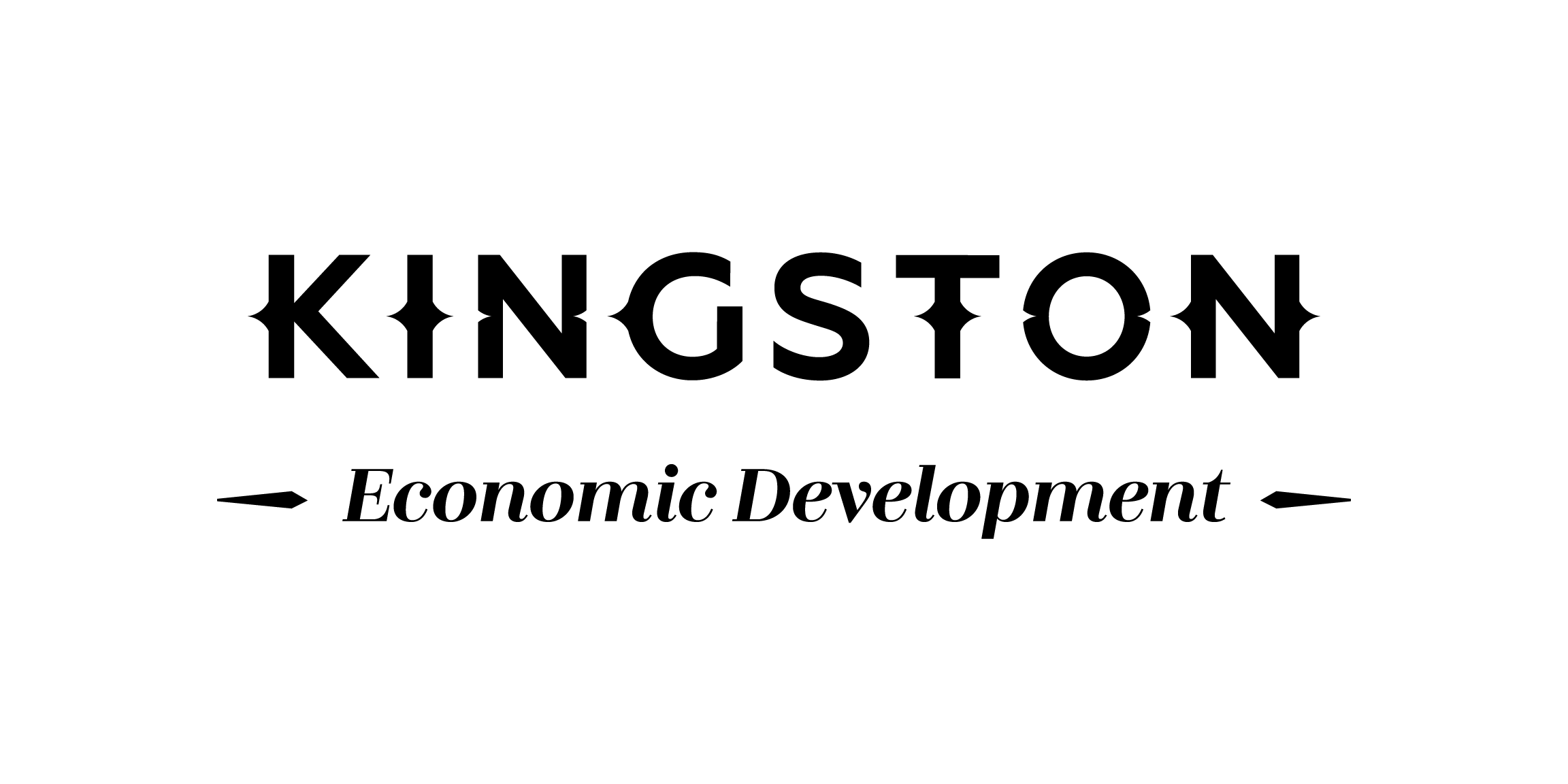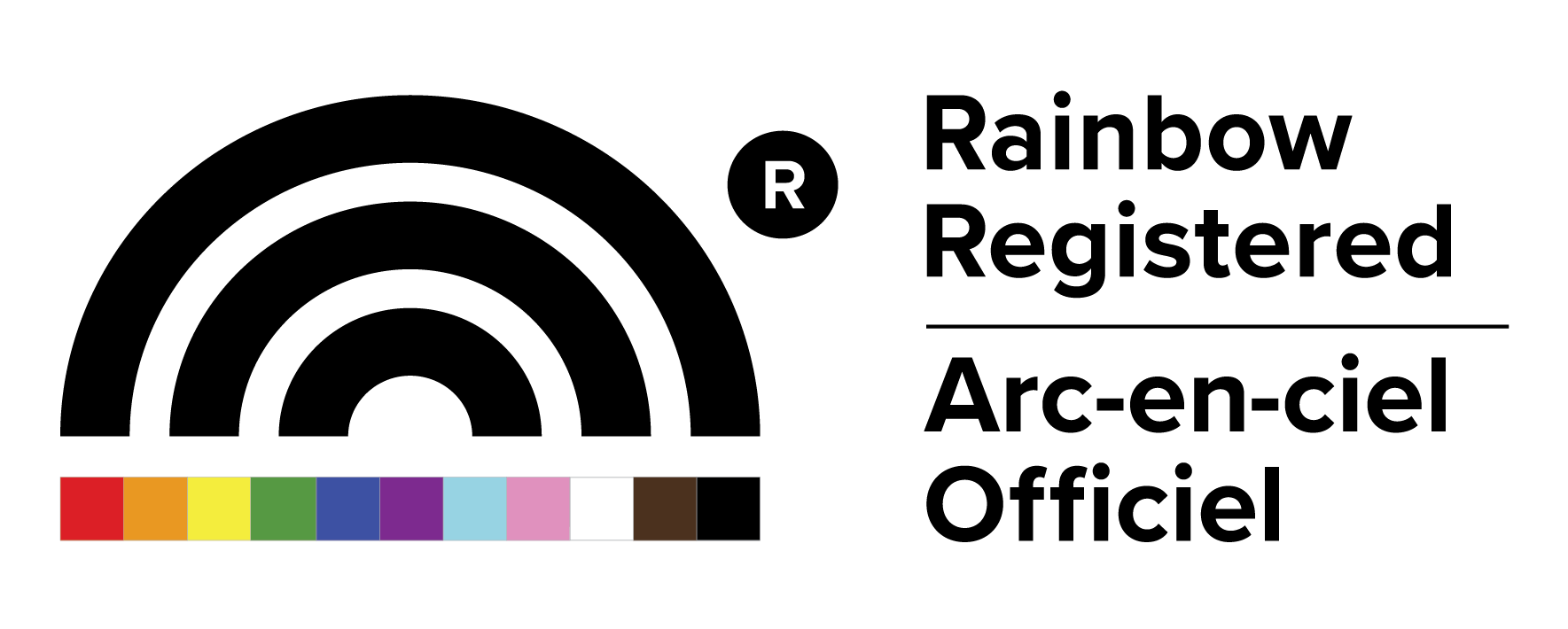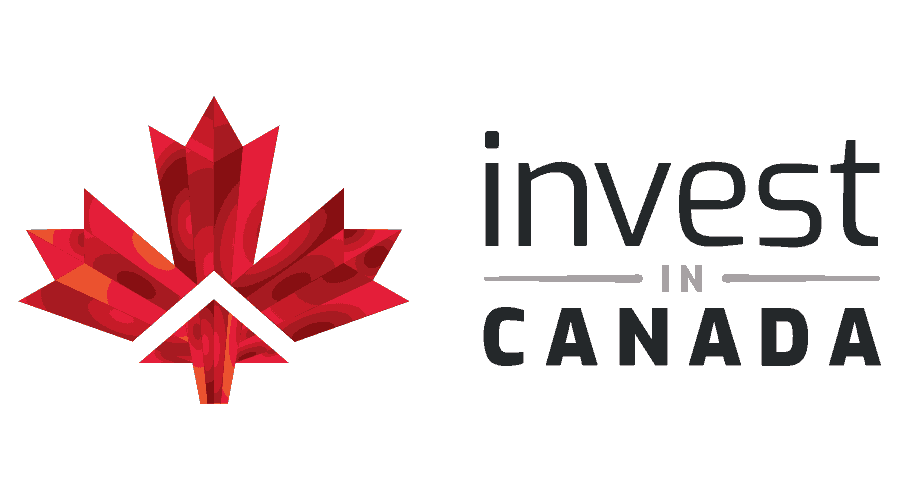
Whether starting a business with a proven model or a disruptive startup that will change the world, starting a business demands both courage and commitment. No matter your vision, the road ahead offers as many rewards as it does challenges, we’re here to help you navigate both.
Starting a business is a rewarding journey that begins with business planning , clarifying your goals, identifying your audience, and outlining a path to success. Once your vision has taken shape, it’s important to register the business and ensure its compliant by meeting all legal requirements. With those foundations established, an operational strategy helps you structure your day-to-day activities, manage your business and prepare for sustainable growth. Finally, take advantage of our support programs that offer expert guidance, training, and funding opportunities to help you start with confidence and thrive in Kingston.
Everything starts with a free and confidential consultation. Our experienced and multilingual team of business advisors is the key to accessing the resources, programs, services, and connections to help you start a business.
What’s your starting point?
Small business
A small business is a locally owned company that usually starts with a few employees and a simple structure. It provides goods or services to a specific community and grows at a steady pace. These businesses often need less money to start and are easier to manage. Owners have control over daily decisions and can build strong relationships with their customers. Small businesses are important to the local economy and offer long-term stability.
High-growth startups
A high-growth startup is a business built to grow quickly and reach large markets. It often uses new technology or ideas to offer something unique. Scale-ups aim to expand fast, sometimes across Canada or internationally, and often need investment to support that growth. These businesses focus on building large teams, entering new markets, and growing revenue quickly. They carry more risk but also have the potential for big rewards and market leadership.
Buying a business
Buying a business means taking over a company that is already up and running. It comes with existing customers, staff, and systems, which helps you get started faster. This option removes some of the guesswork involved in launching a new business. However, it’s important to review the company’s finances and operations before making a decision. In buying a business, you can help it grow differently than it had been before, bringing new ideas to life.
Everything starts with a free, confidential consultation
Norman Musengimana
Business Development Manager, Startups & Entrepreneurship
Norman Musengimana is a seasoned expert in business development and entrepreneurship, with extensive experience working with startups and small businesses, over seven countries across three continents, Norman’s experience provides a global perspective that enriches his work with entrepreneurs.
With two master’s degrees-one in Leading Innovation and Change Management from York St. John University and another in Innovation and Entrepreneurship from Queen’s University-he has supported entrepreneurs through business plan development, strategic planning, feasibility studies, and funding strategies.
Rob Tamblyn
Business Development Manager, Small & Medium Enterprises
Rob is part of the Small Business team, with a focus on supporting established small and medium-sized enterprises. With over 25 years of project management experience, he brings deep knowledge of Kingston’s business and development communities.
Much of his career has been devoted to economic development and fostering a sense of connection, especially in the downtown core. Rob is always happy to connect with local business owners to offer insight and support. He believes Kingston is a thriving place for business and is committed to helping it continue to grow.
The roadmap to a successful start
To get to your intended destination, it’s important to plot out where you are and where you want to go. Starting with a business plan or business model canvas can help you understand your own path and refine your market.
What Is the Lean Model Canvas?
The Lean Model Canvas is a simple, one-page tool that breaks your business into nine key parts, and areas to investigate. It helps you understand how your idea works, spot challenges, and clearly show how your business creates and delivers value, good before you start a business.
What Is a Business Plan?
A business plan is a written guide that explains your goals, customers, finances, and strategy. It helps you stay focused, make smart decisions, and is often needed to secure funding or support from partners and investors to start a business.
Different businesses have different legal requirements. Start a business by registering correctly and identifying the requirements for your type of business minimizes risk and improves your chances of success.
By being registered and compliant from the start, you can stop challenges before they show up and ensure your business is safe and stable.
Business Registration and Structure
Choosing the right business structure—like a sole proprietorship, partnership, or corporation—affects taxes, liability, and day-to-day operations. It’s a foundational decision that shapes how your business grows. After choosing a business structure, you’ll need to register both your business and its name. Registering your name protects it so no one else can use it. Registering your business makes it legal and allows you to open a business bank account, pay taxes, and sign contracts.
Permits, Insurance, and Financial Planning
Planning ahead helps your business stay legal and prepared. You should know how much it costs to start, make a budget, and track your money to avoid problems. Some businesses need special permits or licenses, depending on what they do and where they are. Insurance protects you from accidents, damage, or lawsuits and can cover your property, staff, or customers.
Together, good financial planning, permits, and insurance help your business stay safe, grow, and meet legal requirements.
Grow your business through supports and mentorship
To start a business is just the beggining, operating a business is a challenging process, but Kingston has a very extensive community to help you succeed in your business goals. There are many organizations dedicated to help you get started, including Downtown Kingston, Launch Lab, and us at Kingston Economic Development Corporation. These organizations and many like them offer expert advice, funding programs, and networking opportunities to help entrepreneurs launch and grow with confidence.
We at Kingston Economic Development Corporation offers a range of programs and skill-building workshops to help entrepreneurs at every stage receive training, support and funding. We offer workshops every week on topics for starting a business, to skill training in financial literacy and marketing. Funding programs are a big part of what we do with the Summer Company, Starter Company Plus and Helix Funding programs dedicated to helping get your business to its next stage.
How to Research Your Market Before Starting?
Ultimately, the value of a business boils down to supply and demand. It is critical to determine if your product or service is unique and needed before you start a business. Attempting to enter an already saturated market, or offering an unneeded product could be a terrible mistake. Determining the level of demand is a vital first step.
Who is your target demographic?
Understanding who your customers are will impact every aspect of your business. Is your product or service for youth or seniors, men or women? Are they students or employed full-time? What is their average income? Can they afford to pay for the product or service you are offering? Failing to identify your target demographic risks offering a product or service that is too generalized and nobody wants.







